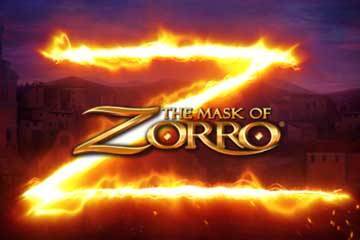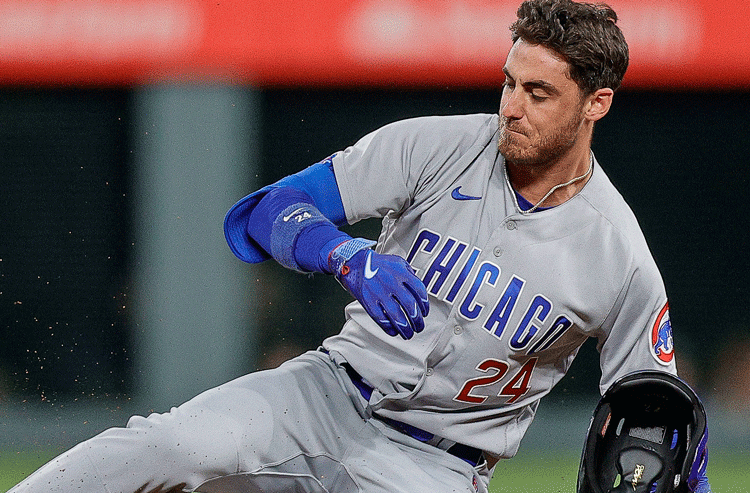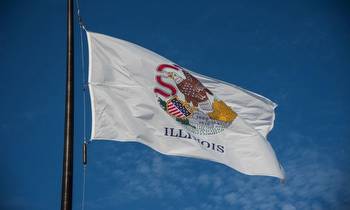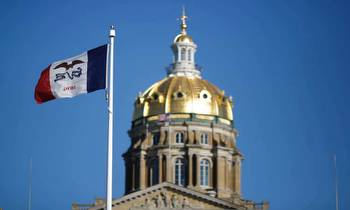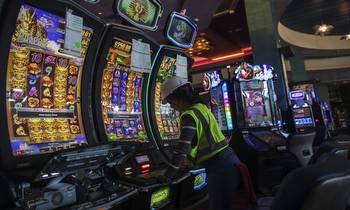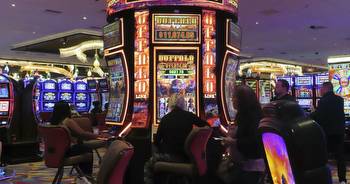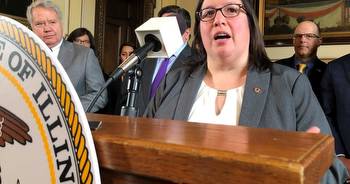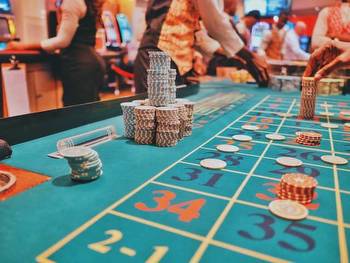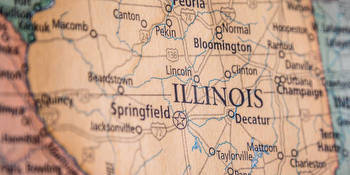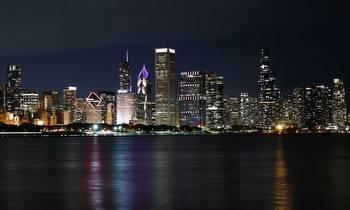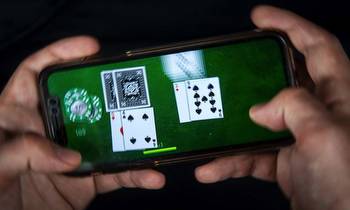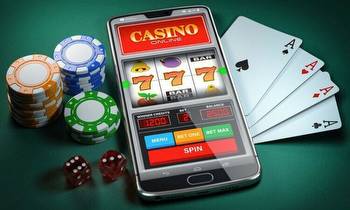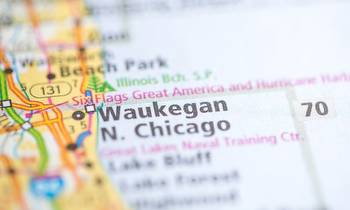Illinois Rep. Gonzalez's Internet Casino Gaming Bill In Committee

The Illinois legislature will ponder online casino gaming in this year’s General Assembly after State Rep. Edgar Gonzalez’s House Bill 2239 was assigned to the House Gaming Committee last week.
Gonzalez’s bill, originally filed last year and failed to make it beyond first reading, is the companion to Senate Bill 1656 filed by Sen. Cristina Castro last year. That also did not progress beyond first reading in 2023, which was expected to an extent, as last year was the first of two the 103rd General Assembly in Illinois has convened.
Illinois is already a state with a robust gaming scene with legal sports betting in place since 2020. It is also in the midst of a large-scale expansion of brick-and-mortar casino, with five of the six locations where new licenses were created as part of the 2019 gaming expansion bill currently conducting gaming at either a temporary or permanent casino.
Lastly, and most importantly when it comes to internet casino gaming, Illinois has the nation’s most extensive video gaming terminal (VGTs) network that provides the bulk of state tax revenue from gaming. VGT play accounted for $836.5 million of the nearly $1.3 billion in state taxes generated spanning the three gaming disciplines in 2023. It also provided $144.2 million of the $242 million in additional tax revenue that went to local municipalities.
That network of VGTs statewide — there are more than 47,000 terminals in nearly 8,500 establishments — is strongly supported by bars, restaurants, and taverns, which keep one-third of the revenue generated by VGTs as established in the 2009 Video Gaming Act. The food service industry voiced its opposition previously when legislators considered iGaming in the previous General Assembly.
House bill in sync with Senate version
Gonzalez’s bill mirrors the one submitted by Castro in multiple integral areas. Both will allow internet gaming licensees to have up to three “individually branded internet skins,” which differs from sports wagering where each casino licensee is allowed only one.
The bills call for a 15% state tax on adjusted gross revenue — consistent with sports betting — but will not permit “home rule” municipalities from imposing additional levies. Cook County, which includes Chicago, collects a 2% tax on sports wagering revenue from bets placed within its borders, and the city of Chicago can impose a 2% tax on sports wagering revenue from bets placed at locations where sportsbooks have sports facility licenses.
The initial license fee would cost $250,000, with a renewal costing $100,000. One interesting condition in the bills is that the Illinois Gaming Board could not award a license to an operator that had reduced its workforce by 25% or more since Feb. 28, 2020.
Internet casino gaming could also prove a headache for first-term Chicago Mayor Brandon Johnson, who came out in support of VGTs during his successful mayoral campaign despite Bally’s — a potential iGaming operator — currently building its $1.7 billion casino in the River West neighborhood of the city and operating a temporary venue in nearby River North since last September. VGTs are currently banned in Chicago via city ordinance.







